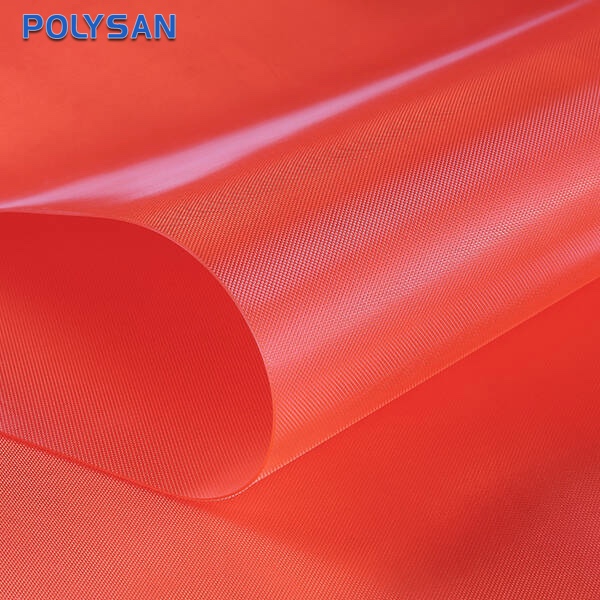Key points regarding Printable TPU Film
2023-11-14
Eco-friendly TPU (Thermoplastic Polyurethane) film sheets are designed to be environmentally sustainable alternatives, often incorporating materials or production processes that reduce their impact on the environment. Here are key points regarding eco-friendly TPU film sheets:
1. Material Composition:
- Bio-Based TPU: Some eco-friendly TPU films use bio-based materials derived from renewable resources, such as plant-based sources, instead of relying solely on fossil fuels.
- Recycled Content: Eco-friendly TPU films may include recycled TPU, incorporating post-consumer or post-industrial recycled content to reduce the demand for new raw materials.
- Low VOC Formulations: Manufacturers may develop TPU films with low levels of volatile organic compounds (VOCs) to minimize emissions during production and use.
2. Applications:
- Textile and Apparel: Eco-friendly TPU films are suitable for various applications in the textile and apparel industry, such as waterproof and breathable coatings for outdoor gear, sportswear, and accessories.
- Packaging: TPU films can be used in eco-friendly packaging solutions, offering flexibility, durability, and potential recyclability.
- Promotional Materials: Eco-friendly TPU films are applicable for creating promotional items like banners, bags, and environmentally conscious promotional products.
3. Advantages:
- Biodegradability: Some eco-friendly TPU formulations are designed to be biodegradable, meaning they can break down naturally over time, reducing their environmental impact.
- Reduced Carbon Footprint: Bio-based TPU and recycled content contribute to reducing the carbon footprint associated with traditional TPU production.
- Sustainability Certifications: Manufacturers may obtain certifications, such as the use of bio-based materials or adherence to specific environmental standards, to validate the eco-friendly claims of their TPU film sheets.
4. Durability and Performance:
- Performance Properties: Eco-friendly TPU films maintain the inherent properties of TPU, including flexibility, elasticity, and durability.
- Weather Resistance: TPU films, whether eco-friendly or traditional, offer good weather resistance, making them suitable for outdoor applications.
5. Customization and Color Options:
- Color Choices: Eco-friendly TPU films are available in various colors, offering customization options for different design needs.
- Printing Compatibility: Some eco-friendly TPU films are designed to be printable, allowing for the application of custom designs and graphics.
6. Recyclability and End-of-Life Considerations:
- Recyclability: Eco-friendly TPU films may be recyclable, allowing for responsible disposal and reuse of materials. However, the recyclability may depend on the specific formulation.
- End-of-Life Options: Manufacturers may provide guidance on environmentally responsible disposal methods, such as recycling or composting, depending on the material's properties.
7. Regulatory Compliance:
- Compliance with Environmental Standards: Eco-friendly TPU films are likely to adhere to environmental regulations and standards, ensuring that they meet specific eco-friendly criteria.
It's important to review product specifications, certifications, and information provided by manufacturers to confirm the eco-friendly features and sustainability aspects of TPU film sheets. Consideration should also be given to the specific requirements of the intended application.



